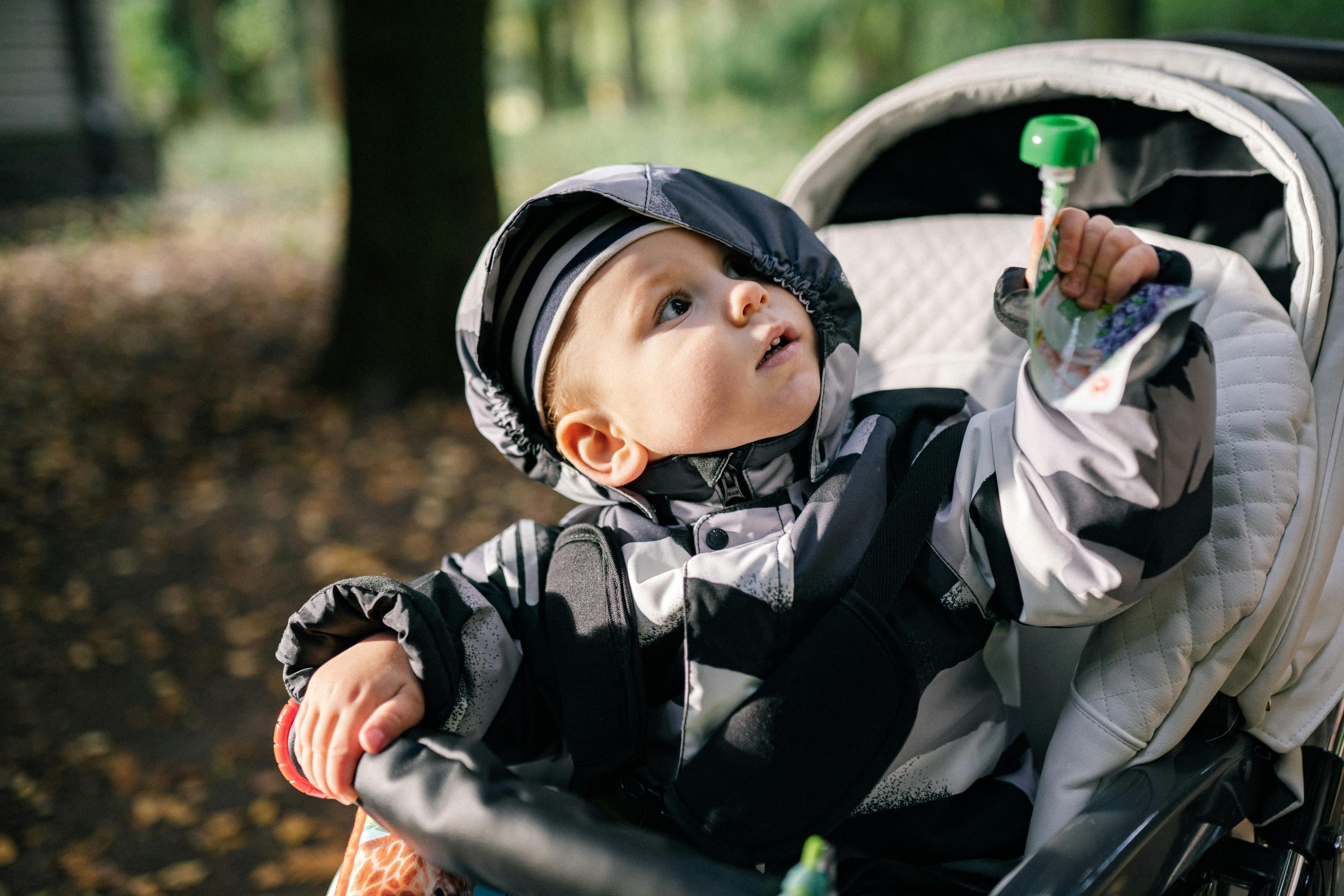The feud between Elon Musk and Sam Altman: a story of friendship, betrayal and battle for AI
The Evolving Conflict Between Elon Musk and Sam Altman: A Tale of Innovation, Ideology, and Power in Artificial Intelligence
The rivalry between Elon Musk and Sam Altman stands as one of the most compelling and complex stories in the technology sector, encapsulating themes of friendship, betrayal, and fierce competition in the race to shape the future of artificial intelligence (AI). Originating from a shared vision for safe AI development, their relationship has dramatically evolved into a high-stakes public feud involving lawsuits, personal accusations, and strategic battles that mirror broader debates over AI governance and commercialization.
Origins: A Common Vision Against “Dangerous” AI (2010–2015)
Elon Musk, renowned for founding Tesla and SpaceX, and Sam Altman, then president of Y Combinator and now CEO of OpenAI, initially shared concerns about the existential risks posed by artificial intelligence. Musk famously described AI as “more dangerous than nuclear weapons,” advocating for cautious development strategies. In 2015, they united to establish OpenAI as a non-profit organization committed to developing AI that would be safe and beneficial for humanity, positioning themselves against dominant corporate influences like Google. Musk contributed approximately $44 million during this period, and their collaboration was characterized by mutual admiration—Musk lauded Altman as “a jewel of humanity,” while Altman praised Musk for raising the collective ambition toward AI safety.
Diverging Paths: Philosophical and Strategic Frictions (2018)
By 2018, cracks began to appear. Musk proposed integrating OpenAI with Tesla to accelerate AI progress; however, the OpenAI board, including Altman, declined due to potential conflicts of interest. Musk subsequently stepped down from the board, citing Tesla-related distractions, yet privately criticized OpenAI for allegedly “burning cash without scaling against Google.” Despite these tensions, relations remained cordial—Altman publicly defended Musk against skeptics in the industry, and Musk praised ChatGPT, OpenAI’s flagship product, as “scary good” in 2022.
The turning point emerged in 2019 when OpenAI launched a for-profit subsidiary to attract significant investment, including billions from Microsoft. Musk accused Altman of betraying the initial non-profit and open-source ethos, asserting that the move transformed OpenAI into a “closed subsidiary of Microsoft.” Feeling betrayed, Musk ceased funding and later launched his own AI initiative, xAI, in 2023, unveiling Grok as a direct competitor to ChatGPT.














Post Comment